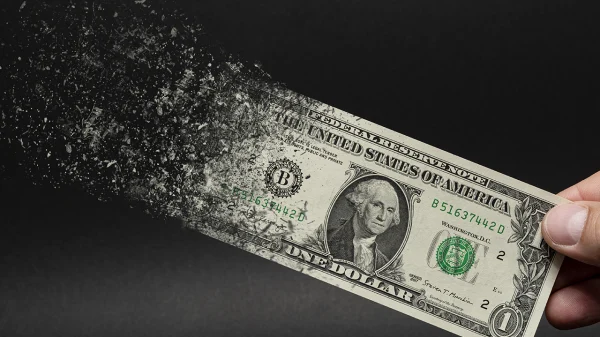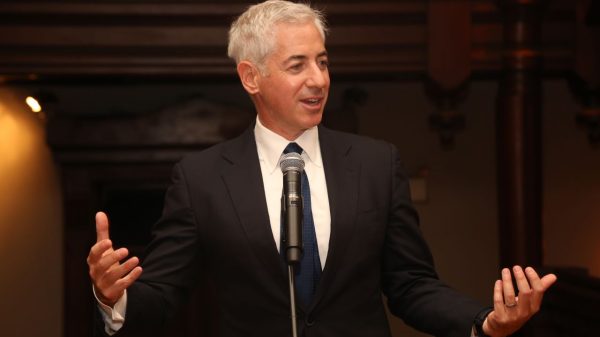Residents in some parts of Southern California have been urged to boil drinking water amid concerns over E. coli contamination.
Late on Thursday Pacific Time, local provider Californian American Water (CAW) issued an “Advisory to Boil Water” to customers in southwestern parts of San Diego County.
The advisory comes after E. coli was detected in samples of drinking water, CAW said in a statement. Escherichia coli (E. coli) is a bacteria that normally lives in the intestines of healthy people and animals.
Most types of E. coli are harmless or cause brief periods of diarrhea. But some strains, such as O157:H7, are more serious, and have the potential to cause severe stomach cramps, bloody diarrhea and vomiting.
Healthy adults tend to recover from infection with more serious strains such as O157:H7 within a week. Some groups, however, such as young children, the elderly and people with severely compromised immune systems, are at higher risk. A small number of people develop a life-threatening form of kidney failure due to E. coli infection.
The bacteria, which can be found in human and animal waste, may find their way into groundwater, as well as streams, rivers, lakes and irrigation systems.
It applies to customers in the city of Imperial Beach and Coronado (south of Fiddler’s Cove)—as well as portions of the city of San Diego, Chula Vista and San Ysidro, CAW said in the statement.
The boil water advisory is expected to last at least until 5:30 p.m. on Sunday, Barreto told NBC 7.
The California Division of Drinking Water (CDDW) in conjunction with CAW is advising affected customers not to drink tap water without boiling it first—or to use bottled water—for drinking and cooking purposes as a safety precaution.
The CDDW recommends boiling water for three minutes and letting it cool before using—or using bottled water—until further notice.
“Boiling kills bacteria and other organisms in the water. This is the preferred method to assure that the water is safe to drink,” CAW said in the statement.
“Alternatively, you may add eight drops of unscented, household bleach to one gallon of water and let sit for 30 minutes.”
CAW is also asking affected customers to immediately discontinue any non-essential water usage, including outdoor irrigation.






































